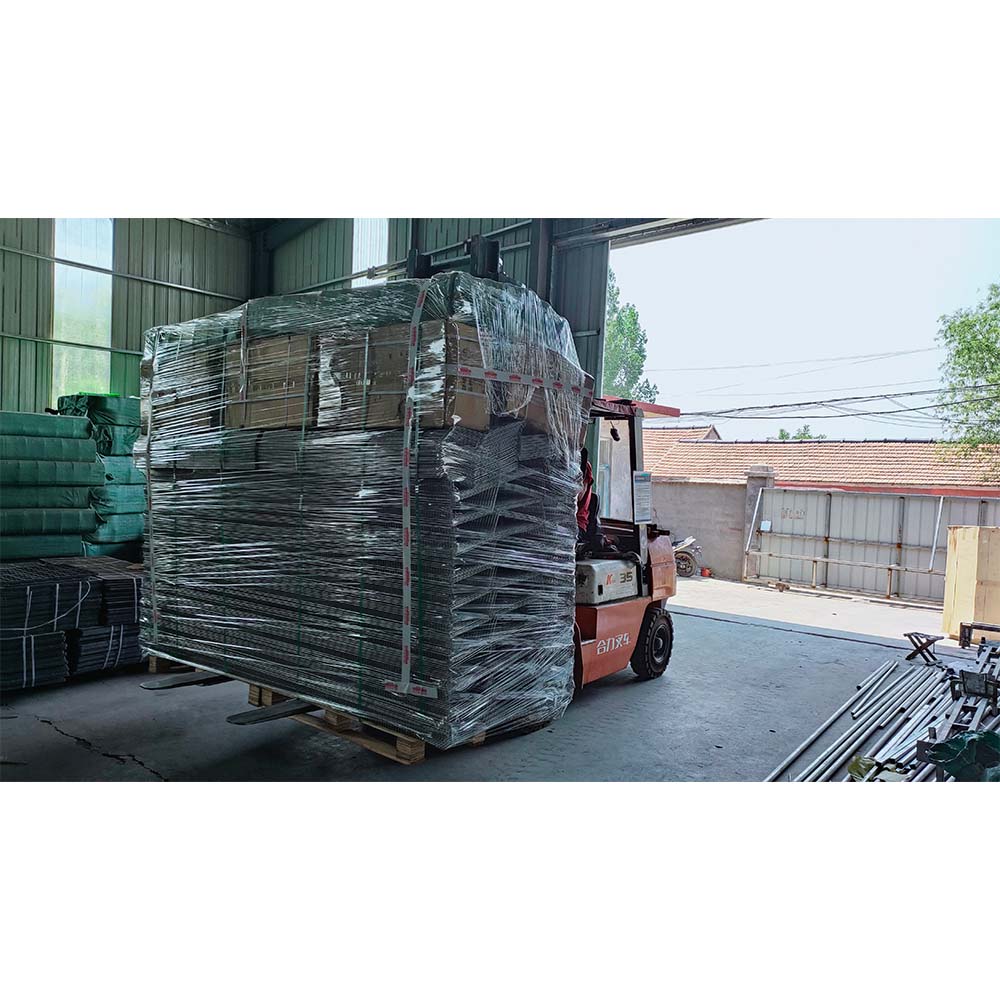Transport Solutions for Poultry Cages Ensuring Safe and Efficient Movement of Livestock
Aug . 14, 2024 03:32 Back to list
Transport Solutions for Poultry Cages Ensuring Safe and Efficient Movement of Livestock
The Importance of Poultry Transport Cages in Modern Farming
In the modern agricultural landscape, the efficiency and welfare of livestock transport are paramount to successful poultry farming. Among the various tools used in this process, poultry transport cages play a crucial role. These specially designed cages not only ensure the safety and comfort of the birds during transportation but also impact the overall productivity and profitability of poultry operations.
Design and Functionality
Poultry transport cages are engineered to meet specific requirements for different types of fowl, including chickens, ducks, turkeys, and more. The design of these cages takes into consideration factors like ventilation, comfort, and accessibility. Ventilation is essential, as birds are susceptible to heat stress and other related health issues. Cages typically feature slats and openings that encourage air circulation, allowing for a comfortable environment during transport.
Moreover, the size and configuration of these cages are designed to accommodate varying flock sizes and species, ensuring that birds have enough space to stand, turn, and lay comfortably. This not only reduces stress but also minimizes the risk of injury during transit. The use of lightweight yet durable materials contributes to the efficiency of transporting these cages, as they are easier to handle and load onto vehicles.
Animal Welfare Considerations
In recent years, there has been a heightened awareness of animal welfare in all aspects of agriculture. This concern extends to the transportation of poultry. Improper transport can lead to stress, injury, and even mortality among birds. Poultry transport cages have become instrumental in addressing these welfare issues. By providing a safe and secure environment, these cages help to mitigate the negative effects of transport on the birds' health and well-being.
Several guidelines and regulations have been developed globally to ensure the humane transport of poultry. These include specifications on cage design, required space per bird, and conditions during transport. Poultry transport cages that comply with these standards not only safeguard animal welfare but also enhance the public perception of the poultry industry. In an age where consumers are increasingly making ethical purchasing decisions, adhering to animal welfare standards is crucial for maintaining market share.
poultry transport cage

Enhancing Biosecurity
Another vital aspect of poultry transport cages is their role in biosecurity. Transporting poultry comes with inherent risks, including the transmission of diseases. Properly designed transport cages help to minimize these risks by allowing for easy cleaning and disinfection. The materials used and the structure of the cages can prevent the accumulation of waste and contaminants, thereby ensuring that birds are transported in a hygienic environment.
Furthermore, biosecurity protocols, such as the segregation of healthy and sick birds during transport, can be effectively implemented using these cages. This is vital, especially in preventing the spread of avian diseases that can have devastating effects on poultry populations.
Economic Implications
Investing in high-quality poultry transport cages can also lead to economic benefits. Healthy and well-cared-for birds have better growth rates, which translates to higher profits for farmers. Efficient transport reduces mortality rates, thus maximizing marketable yield. Additionally, reducing stress and injury during transport leads to improved meat quality and egg production, enhancing overall farm productivity.
Conclusion
The role of poultry transport cages in modern farming is multifaceted, encompassing animal welfare, biosecurity, efficiency, and economic benefits. As the poultry industry continues to evolve, the importance of these cages will only grow. By prioritizing the design and usage of transport cages, farmers can ensure that their poultry is treated with the care and respect it deserves, resulting in healthier birds and more prosperous farming operations. As such, investing in quality poultry transport cages is not just a matter of convenience; it is a commitment to sustainable and ethical farming practices.
-
Hot Sale 24 & 18 Door Rabbit Cages - Premium Breeding Solutions
NewsJul.25,2025
-
Automatic Feeding Line System Pan Feeder Nipple Drinker - Anping County Yize Metal Products Co., Ltd.
NewsJul.21,2025
-
Automatic Feeding Line System Pan Feeder Nipple Drinker - Anping County Yize Metal Products Co., Ltd.
NewsJul.21,2025
-
Automatic Feeding Line System - Anping Yize | Precision & Nipple
NewsJul.21,2025
-
Automatic Feeding Line System - Anping Yize | Precision & Nipple
NewsJul.21,2025
-
Automatic Feeding Line System-Anping County Yize Metal Products Co., Ltd.|Efficient Feed Distribution&Customized Animal Farming Solutions
NewsJul.21,2025






